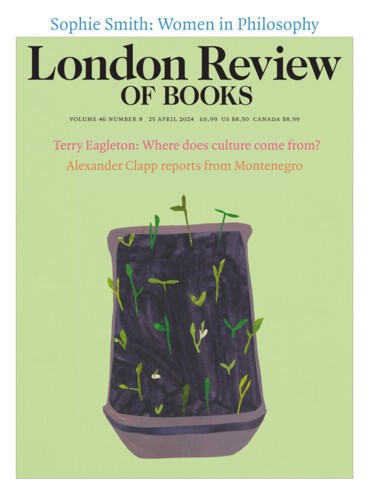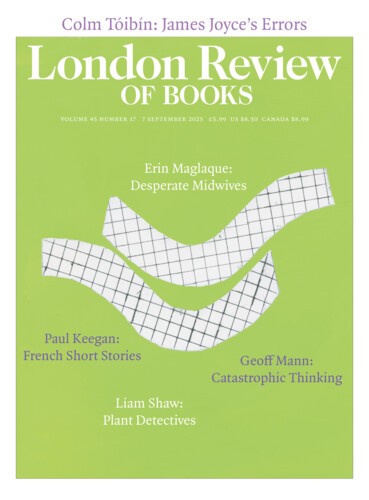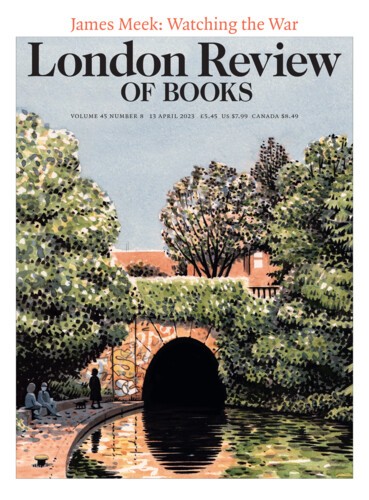Sleeping Women: On the Pelicot trial
Sophie Smith, 26 December 2024
The French word for rape is viol. It signals the violence and violation inherent to the acts it names. Since early September, Dominique Pelicot, a 71-year-old Frenchman, has been on trial in Avignon for repeatedly drugging his wife, Gisèle, and raping her as she slept. He is also charged with inviting at least 72 other men into their home to do the same, on 92 occasions between July...




